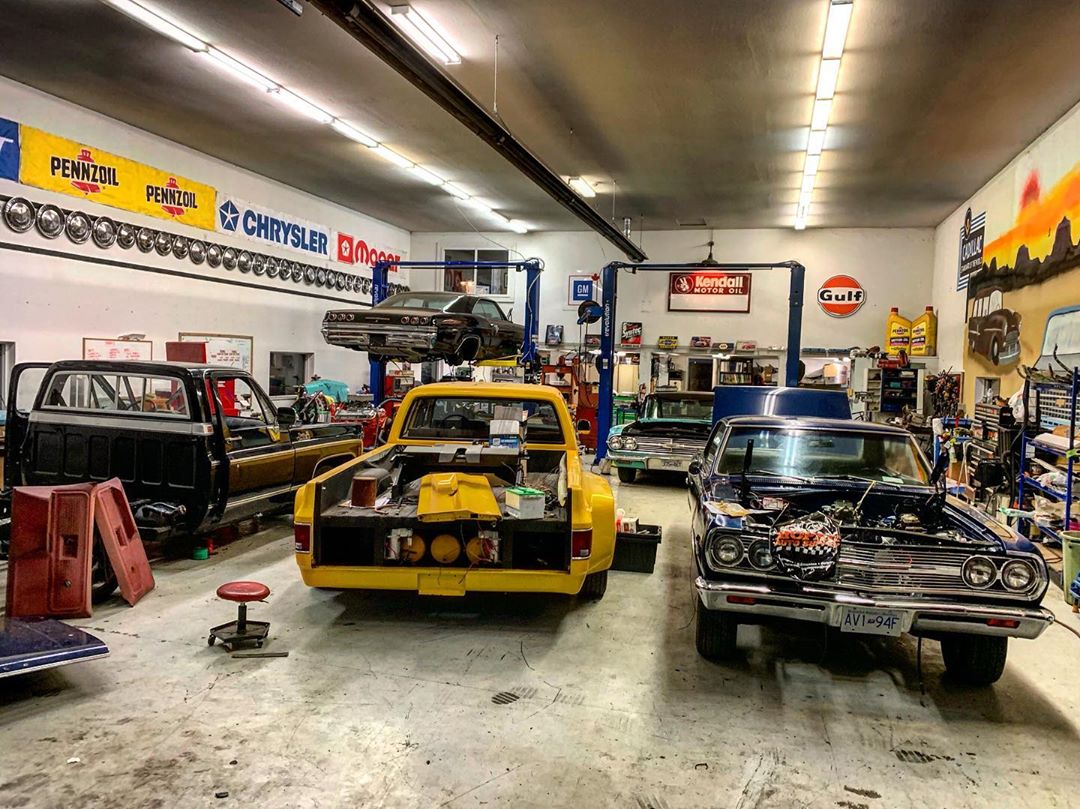All Categories
Featured
Routine engine tune-ups are vital for maintaining your car's efficiency, boosting fuel efficiency, and expanding its life-span. Whether you're a skilled cars and truck proprietor or a beginner, understanding the key aspects of an engine tune-up can help you keep your car running efficiently for several years. Here are some important tips to lead you through the process.
- Adjustment the Flicker Plugs. Spark plugs are tiny however mighty components that play an important function in firing up the fuel-air combination in your engine. Over time, they can break or become fouled, bring about poor engine performance, reduced fuel effectiveness, and hard beginnings.
During a tune-up, examine your spark plugs for wear and replace them as essential. For a lot of cars, spark plugs must be changed every 30,000 to 100,000 miles, depending on the type and material. Fresh trigger plugs ensure effective burning and smoother engine procedure.
- Check and Change the Air Filter. The air filter is your engine's first line of defense versus dirt, particles, and various other impurities. A clogged or dirty air filter can limit airflow, triggering your engine to work more difficult and consume even more fuel.
Inspect your air filter throughout a tune-up and replace it if it's unclean or past its recommended solution interval. A clean air filter boosts engine effectiveness and enhances fuel economy.
- Check the Fuel System. Gradually, your fuel system can collect dust and carbon deposits, reducing engine efficiency and gas effectiveness. Cleaning the fuel injectors and fuel lines during a tune-up assists keep proper gas delivery and combustion.
You can use a gas system cleaner or have an expert mechanic execute a much more detailed cleaning. This action is particularly advantageous for older cars or cars and trucks often driven in stop-and-go web traffic.
- Evaluate the Belts and Tubes. Belts and hoses are essential for different engine functions, such as running the alternator, water pump, and air conditioning. During a tune-up, check for cracks, fraying, or indicators of wear on these components.
Change any type of damaged belts and hose pipes to avoid possible failures. A broken belt or leaking hose can bring about engine overheating or loss of power, so dealing with these concerns quickly is important.
- Change the Engine Oil and Oil Filter. Engine oil is important for lubing relocating components, lowering friction, and regulating engine temperature. With time, oil ends up being polluted and sheds its effectiveness.
As component of a tune-up, change the engine oil and oil filter. Utilize the kind of oil suggested by your car's producer and stick to the suggested change intervals. Clean oil keeps your engine running smoothly and avoids premature wear.
- Examine the Battery and Billing System. A healthy battery is important for beginning your automobile and powering its electrical systems. During a tune-up, inspect the battery's voltage and evaluate the terminals for deterioration. Tidy the terminals if required and make certain a protected connection.
Additionally, examination the generator and billing system to ensure your battery continues to be billed during operation. If your battery is weak or old, consider changing it to stay clear of unexpected break downs.
- Flush and Fill Up the Coolant. The air conditioning system regulates your engine's temperature, stopping it from overheating. Old or contaminated coolant can lose its effectiveness, bring about prospective engine damages.
During a tune-up, purge the old coolant and replace it with a fresh mixture. Also, inspect the radiator, thermostat, and hoses for leakages or damages. Keeping the cooling system in great problem ensures your engine operates at the right temperature.

- Address Caution Lights and Uncommon Symptoms. Modern automobiles are geared up with analysis systems that notify you to prospective concerns with control panel warning lights. If your check engine light or any kind of other alerting indications get on, address them during your tune-up.
Additionally, focus on uncommon signs such as odd noises, harsh idling, or reduced fuel effectiveness. An expert technician can diagnose and resolve these troubles throughout the tune-up process.
- Don't Neglect the Exhaust System. Your vehicle's exhaust system removes harmful gases from the engine and makes sure proper exhausts. Check the exhaust system for leakages, rust, or damages during a tune-up. A defective exhaust system can influence engine performance and result in ecological and safety and security concerns.
- Usage High-Quality Components and Fluids. When replacing components or rounding off fluids throughout a tune-up, constantly select high-quality products that meet your car's specifications. Utilizing substandard components or inaccurate liquids can negatively affect your engine's efficiency and durability.
Final Thought: Normal Tune-Ups Are Trick to Engine Wellness. Taking the time to tune up your engine guarantees it runs efficiently, conserves fuel, and minimizes the danger of malfunctions. Whether you perform these jobs yourself or depend on a trusted technician, routine tune-ups are a financial investment in your vehicle's reliability and longevity. Follow these pointers, and you'll enjoy a smoother, more reputable adventure for many years ahead.
Latest Posts
Bath Fitter's One-Day Tub-to-Shower Conversions: Fast, Beautiful, Done
Roof Maintenance Tips for Commercial Residential Property Owners
Discover the Perfect Fence for Your Yard, Ranch, or Ranch
More
Latest Posts
Bath Fitter's One-Day Tub-to-Shower Conversions: Fast, Beautiful, Done
Roof Maintenance Tips for Commercial Residential Property Owners
Discover the Perfect Fence for Your Yard, Ranch, or Ranch
